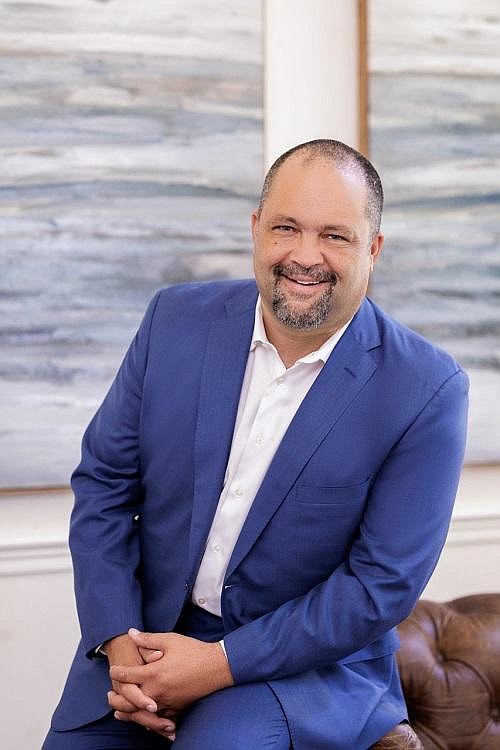America’s Unspoken Suicide Pandemic is the Sharp Edge of Social Isolation
By Ben Jealous | 1/4/2024, 10:07 a.m.
The news stays filled with endless examples of hyper-partisanship out of Washington. It is no surprise most people think that’s the only thing happening in Washington. It’s not.
People still reach out across party lines to try to get great things done.
A few weeks ago, I was at a bipartisan press conference reintroducing the Outdoors For All Act. Members of Congress from both parties spoke. One, a Latina Democrat from the West. The other, a white Republican from the East.
Unfortunately - and surprisingly - most of the press missed the chance to cover the rare and encouraging example of bipartisanship. More striking, though, was the reason both lawmakers had such a passion for the bill. In addition to the benefits for the planet and equity, each was urgently concerned about the need for parks to help their communities combat growing social isolation.
Social isolation drives many social epidemics in America, including our country’s mental health crisis and the silent pandemic of suicide.
Community parks can ensure access to natural spaces, which is a human right. The health benefits of getting out in nature are physical and mental, but they also can be social. Especially in more densely populated areas. Building and protecting parks is one the few things government can do to structurally decrease social isolation.
I’ve researched the impact of social isolation in leading to mental health crises and suicide. I wrote about it in my book, Never Forget Our People Were Always Free.
Human connection, as well as connection to nature, makes us resilient. Social isolation attacks our ability to have those lifesaving connections.
And suicide, which is at crisis levels in our country, is the sharp edge of that isolation. According to the Centers for Disease Control and Prevention, in 2020, there were nearly twice as many deaths by suicide (45,979) in the US as there were homicides (24,576).
That sharp edge cuts deepest among men. A good test for social isolation is to ask someone how many people they talk to when they are having or just had a really bad day. Women, on average, will say they speak with multiple people. Men, too often, don’t talk to anyone.
And while men in general – and white men a bit more than most, are the hardest hit – the social isolation fueling the suicide pandemic knows no racial or economic bounds.
The lack of opportunity and downward economic mobility we often see in our low-income and inner-city communities can lead to despair and addiction, which in turn lead to suicide. So can the physical isolation and lack of interdependence in the suburbs and exurbs. If you live somewhere where people are often asking for help, sure that can be felt as a burden, but it also creates a sense of communal responsibility and empathy.
That the social isolation crisis cuts across Black and white and every race … across urban and rural, affluent and poor, Republican and Democrat, alike, means we have an opportunity to build bridges and find common ground across the lines that too often divide us. Protecting access to nature is only one remedy.
But it’s encouraging that members of both parties acknowledge the importance of social isolation. Because the only way we’re going to fix this problem for all of us is to do it together. And maybe we can help heal the soul of our country in the process.
Ben Jealous is the Executive Director of the Sierra Club and a Professor of Practice at the University of Pennsylvania.




